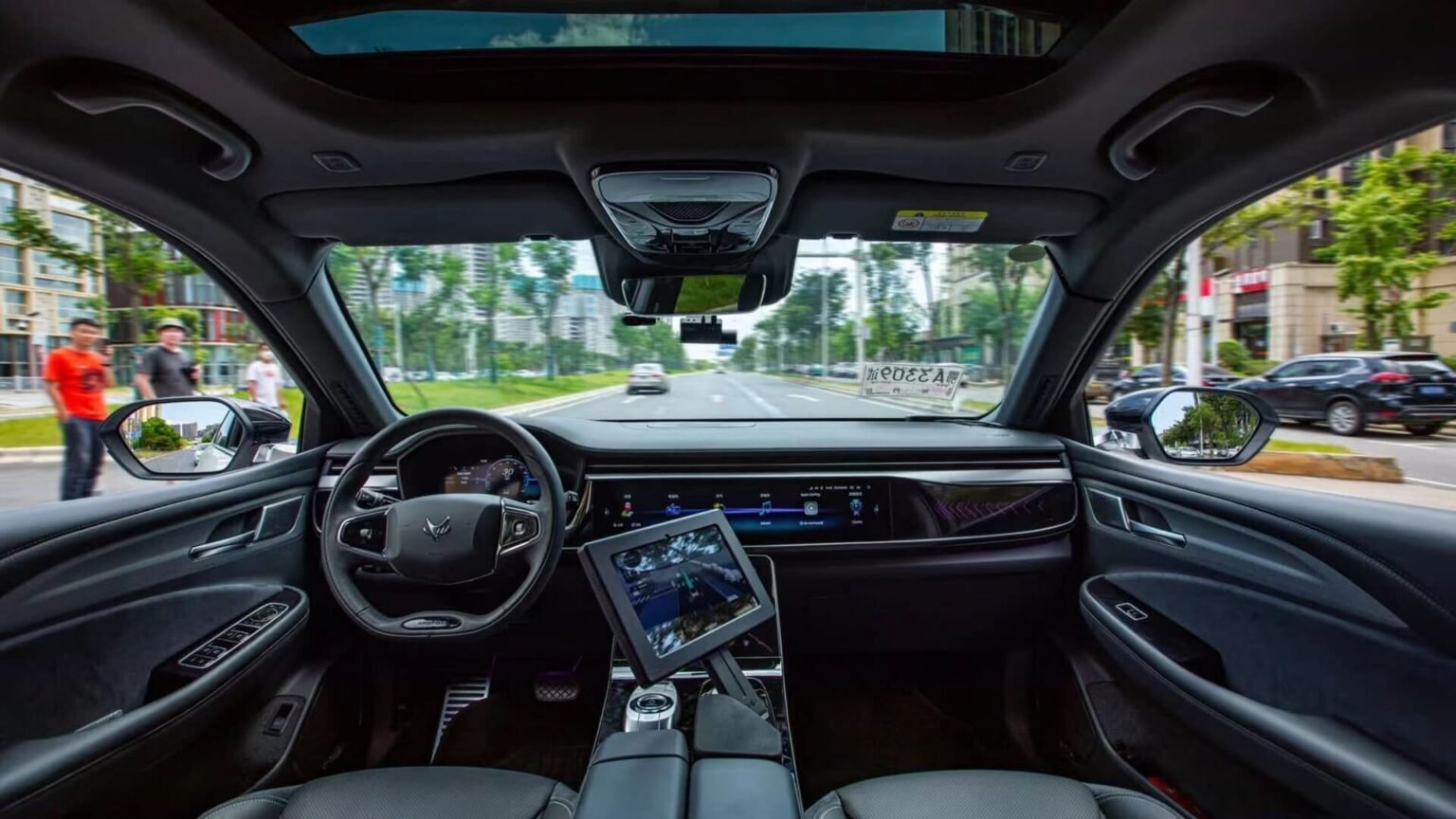Chinese tech company Baidu’s robotaxi unit, Apollo Go, is looking to expand into overseas markets in the near future, although specific details regarding timing and regions have not been disclosed. Baidu is a major operator of robotaxis in China, with regulators in parts of Beijing and cities like Wuhan allowing companies to commercially operate self-driving taxis after years of restricting activities to internal testing. Tesla is set to hold a highly anticipated robotaxi event, while WeRide, another Chinese robotaxi developer, announced a deal to integrate its cars onto Uber’s platform in Abu Dhabi. BYD and Uber also announced plans to develop autonomous-capable vehicles for Uber’s platform.
Robotaxi rides in China are generally subsidized by companies like Baidu and Pony.ai to promote their usage, with some regions requiring a human staff worker to be present in the car, making not all vehicles fully autonomous. Baidu reported that as of late July, Apollo Go had completed more than 7 million robotaxi rides. In a separate announcement, Baidu stated that its CFO, Rong Luo, would be transitioning to the role of executive vice president overseeing the company’s mobile ecosystem unit, while Junjie He, the former head of the mobile unit, will serve as interim CFO. These changes were described as part of a management rotation within the company.
While specifics on the expansion are not available, Baidu’s move to bring Apollo Go into overseas markets signals a growing interest in the global adoption of self-driving technology. Other Chinese tech companies, such as WeRide, have been making similar moves, with integration onto platforms like Uber’s in Abu Dhabi. This shift towards international markets reflects the ongoing development of autonomous vehicles and indicates a potential shift in focus for these companies from domestic to global operations.
The collaboration between Chinese tech companies and international firms like Uber in the development of autonomous-capable vehicles illustrates a growing trend towards partnerships in the self-driving industry. With regulations evolving in regions like China and the Middle East to allow for the commercial operation of robotaxis, there is a clear opportunity for companies like Baidu and WeRide to expand into new markets. These partnerships not only serve to advance the technology but also enable companies to reach a broader consumer base and gain valuable insights into different regulatory environments.
The challenge of subsidizing robotaxi rides to encourage their usage in China is a common strategy employed by companies in the self-driving industry. While the cost of operating these services may be high, the long-term benefits of gathering data and building consumer trust can outweigh the initial investment. By offering subsidized rides and complying with local regulations, companies like Baidu and Pony.ai are creating a foundation for the widespread adoption of autonomous vehicles in the future.
Overall, Baidu’s efforts to expand Apollo Go into overseas markets, along with the strategic partnerships with international firms, signal a significant step towards globalizing the self-driving industry. The transition of key executives within Baidu reflects a broader trend of management rotations within tech companies as they adapt to new opportunities and challenges in the evolving landscape of autonomous vehicles. With the continued development of self-driving technology and the increasing acceptance of robotaxis in various regions, the future looks promising for companies seeking to establish a presence in the global market.

